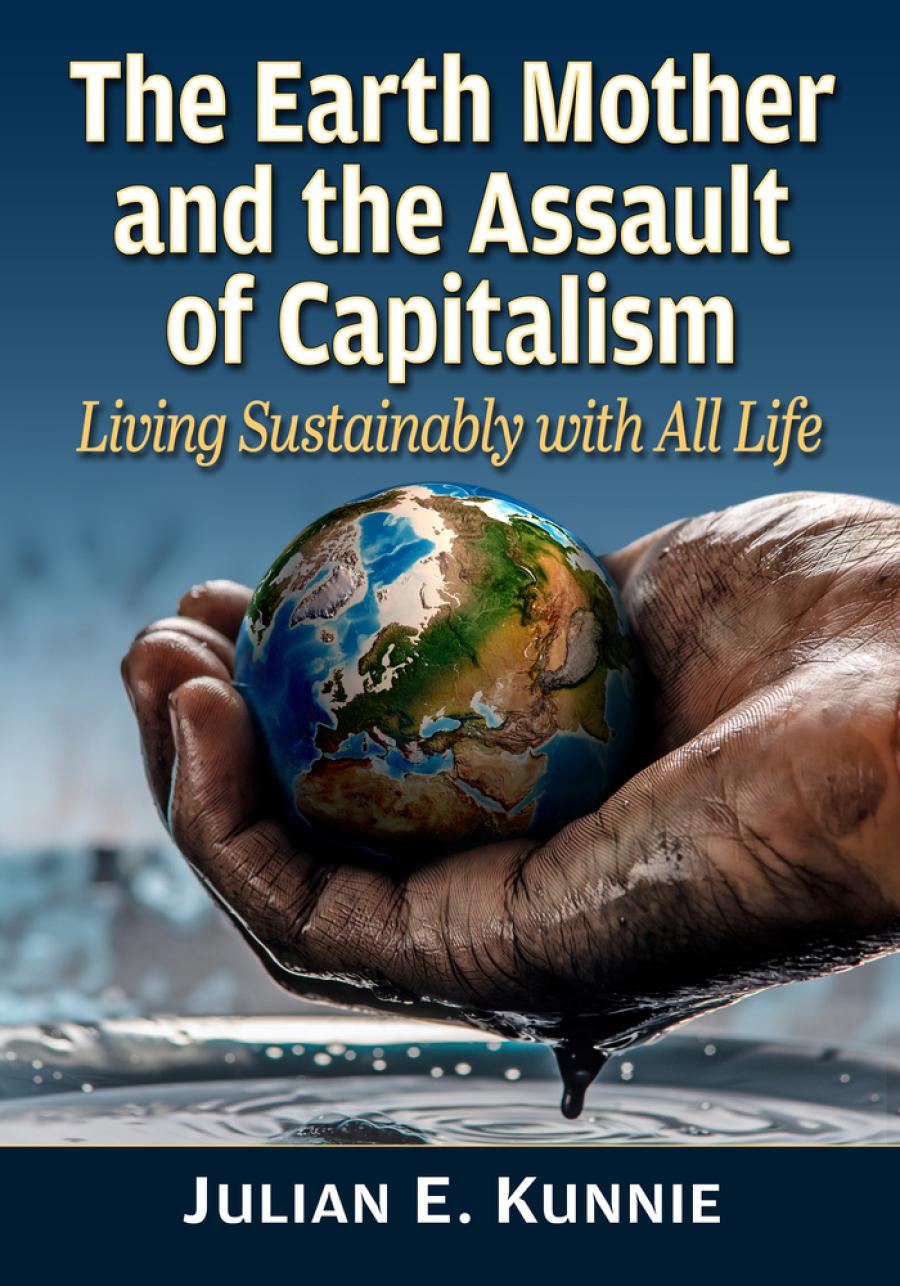More than 600 armed law enforcement officers swarmed Camp Coldwater in Minneapolis, MN, on December 20, 1998 to forcibly remove members of the Mendota Mdewakanton Dakota who were "blocking" the construction of Highway 55.
Journalists were kept from the scene, but witnesses said that the police were overly abusive, spraying pepper spray into eyes that they held open. Jim Anderson, at the site that day, said that the raid was a "blatant disregard for our sacred ways and of the law...The Minnesota Department of Transportation, the Minneapolis and State police, and the Minneapolis Fire Department are aware their actions are in violation of federal and state law, and have told us they don't care about Native American's fight to freedom of religion."
The Minnesota Department of Transportation is rebuilding Highway 55, but rather than keeping the highway in its existing location they plan a detour in one segment that will go through Dakota Land. Four sacred old-growth trees would be destroyed in the process, as would Coldwater Spring, a site used for ceremonial and burial purposes. Mary Jo Iverson, a Minneapolis activist, stated "Camp Coldwater Spring has flowed for 11,000 years. Unless there is a combined consciousness of government and developers to protect and preserve the flow of the spring, we will witness its extinction due to bureaucratic ignorance and indifference."
Stop The Reroute, a group that was established upon learning of state plans to reroute Highway 55, has suggested many viable alternatives to the reroute. The group feels that Light Rail Transit would lower the number of cars on the road, thereby eliminating the need to reroute the highway. Mat Hollinshead, St. Paul/Minnesota coordinator, Surface Transportation Policy Project agrees that Light Rail Transit is the way to go. "Rail transit investment, by providing an alternative to paved right-of-way, has proven nationwide to be one of the most effective tools for building community, protecting urban property values, employment and retail base, and improving environmental quality. Busways, while cheaper in the short run, cannot match these dividends, and will ultimately lead to greater reliance on roads and highways."
Article copyright Cultural Survival, Inc.



